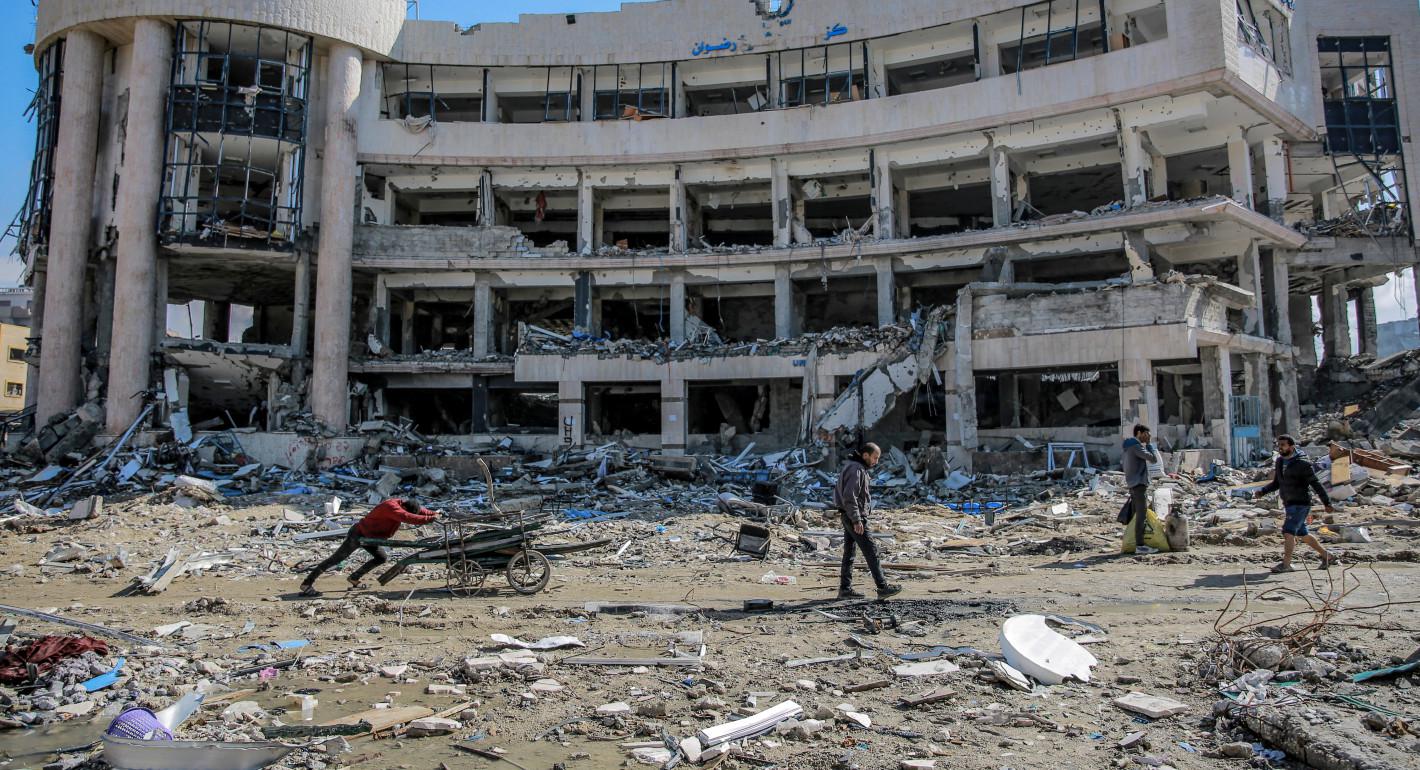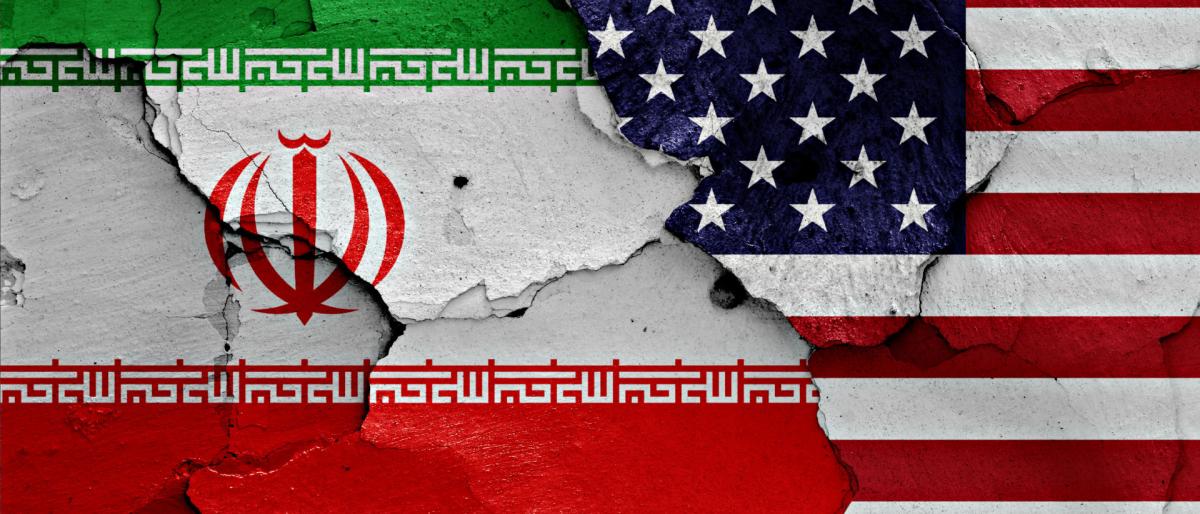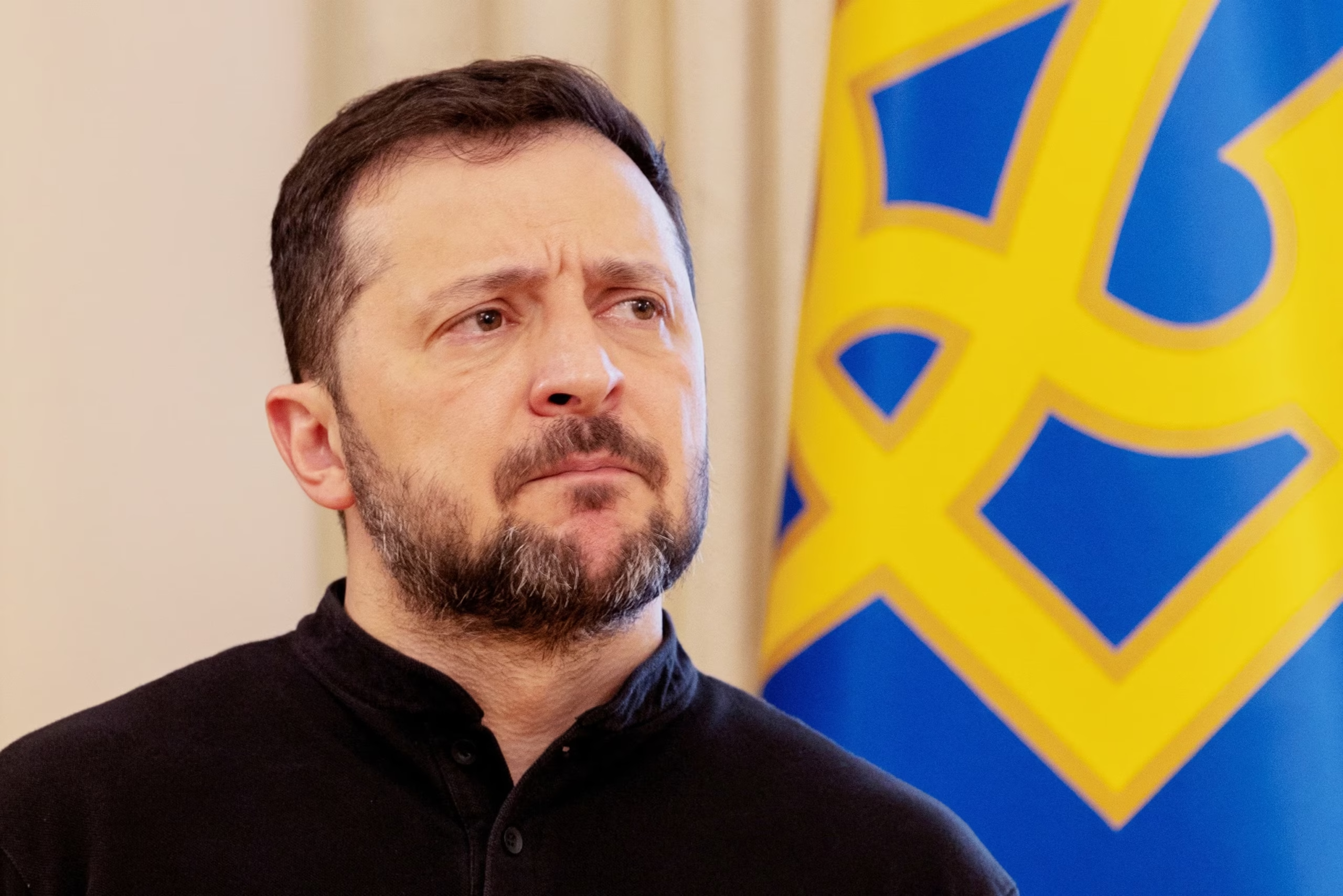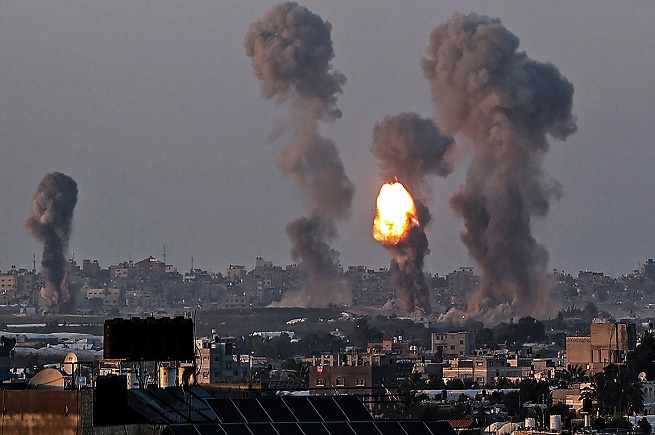
Gaza Ceasefire Collapses as Israel Launches Deadly Strikes, Netanyahu Vows Escalation
The fragile ceasefire in Gaza was shattered early Tuesday as Israel launched a series of deadly airstrikes across the enclave, killing over 400 people, according to Palestinian authorities. Israeli Prime Minister Benjamin Netanyahu pledged to intensify military operations against Hamas, signaling a return to full-scale conflict after months of relative calm.
The overnight bombardment targeted multiple locations in Gaza, marking the most extensive military action since the truce began. Israeli Defense Minister Israel Katz declared, “Tonight we returned to fighting in Gaza,” as the Israeli military confirmed it was conducting “extensive strikes” on Hamas targets. In response, Hamas accused Netanyahu of deliberately undermining the ceasefire and endangering the lives of Israeli hostages held in Gaza.
The Palestinian Ministry of Health in Gaza reported at least 404 deaths and 562 injuries, with Gaza Civil Defense spokesman Mahmoud Basal stating that “more than 130 children and many women” were among the dead. Entire families were reportedly wiped out in the strikes, which hit residential areas, hospitals, and other civilian infrastructure.
Hospitals Overwhelmed as Casualties Mount
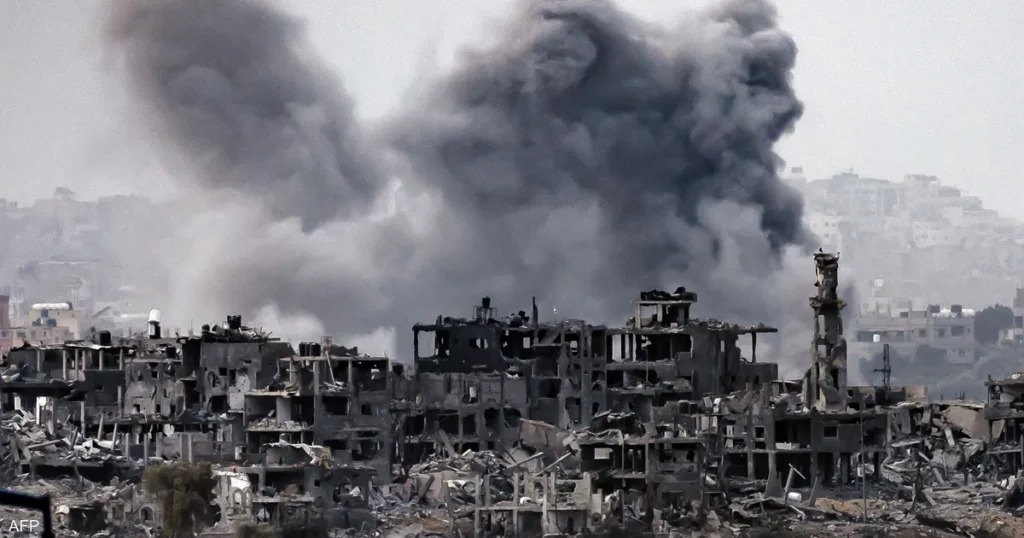
Dr. Razan Al-Nahhas, a volunteer physician at Al-Ahli Hospital in Gaza City, described the situation as “absolutely horrific,” with multiple explosions occurring within minutes of each other. “Babies, children all over the floor, bleeding from their heads, bleeding from their abdomens,” she told CNN. “I just was taking care of a 7-year-old boy who was gasping and taking his final breaths, begging me to save him. His entire family was killed.”
Gaza’s Civil Defense reported that many people remained trapped under the rubble of bombed homes, while hospitals struggled to cope with the influx of casualties. Videos obtained by CNN showed scenes of chaos as families rushed wounded loved ones to overwhelmed medical facilities. Hospitals from northern Gaza to the southern city of Khan Younis reported receiving dozens of dead and injured, including children.
Israel Orders Evacuations, Raising Fears of Further Displacement
Later on Tuesday, the Israeli military announced a “massive offensive” in Gaza and ordered civilians in several neighborhoods to evacuate, sparking fears of further mass displacement. The strikes come amid escalating tensions in the region, with cross-border violence flaring between Israel and Lebanon, as well as U.S. military action against Houthi rebels in Yemen.
Netanyahu and Defense Minister Katz accused Hamas of refusing to release hostages and rejecting proposals for extending the ceasefire. “The IDF is currently attacking Hamas targets throughout the Gaza Strip, with the aim of achieving the war goals, including the release of all our hostages,” a statement from the Prime Minister’s Office said. “From now on, Israel will act against Hamas with increasing military strength.”
Humanitarian Crisis Deepens
The resumption of hostilities has exacerbated Gaza’s already dire humanitarian situation. Israel has blocked the supply of food and other essential aid for the past two weeks, intensifying the enclave’s water crisis and severely impacting desalination efforts. Philippe Lazzarini, head of the UN agency for Palestinian refugees, warned that a return to full-scale war would “only bring more despair and suffering.”
The U.S. had recently proposed a plan to extend the ceasefire in exchange for the release of a handful of living hostages, but Hamas leader Ezzat al-Rishq called the new airstrikes a “death sentence” for the remaining captives. Of the 251 people kidnapped by Hamas during its October 7, 2023, attack on Israel, fewer than half of the nearly 60 remaining hostages are believed to be alive.
Hamas Denies Israeli Claims, Accuses Israel of Provocation
Hamas rejected Israel’s claims that it had violated the ceasefire and was preparing attacks, calling the allegations “baseless” and a pretext to justify the resumption of hostilities. The group has not fired rockets at Israel in weeks and refrained from military action since the truce took effect on January 19.
An Israeli official described Tuesday’s strikes as “preemptive” and vowed that operations would “continue as long as necessary,” targeting Hamas’s mid-ranking commanders, leadership, and infrastructure. However, Hamas dismissed these claims, accusing Israel of misleading public opinion to justify its actions.
International Reactions and Regional Escalation
The renewed violence in Gaza comes amid broader regional instability. U.S. President Donald Trump’s administration was reportedly notified of Israel’s plans ahead of the strikes. White House press secretary Karoline Leavitt reiterated Trump’s stance that “Hamas, the Houthis, and all those who seek to terrorize Israel and the U.S. will see a price to pay.”
Meanwhile, far-right Israeli politician Itamar Ben Gvir, who resigned as national security minister over the ceasefire deal, is set to rejoin the government following the resumption of hostilities. His return underscores the hardening stance within Israel’s leadership as the conflict escalates.
A Grim Outlook for Gaza

As the death toll rises and Gaza’s healthcare system teeters on the brink of collapse, the prospects for peace appear increasingly remote. With both sides entrenched in their positions and no clear path to de-escalation, the people of Gaza face a future of continued violence and suffering.
This story has been updated with additional developments. CNN’s Kareem El Damanhoury, Kareem Khadder, Jeremy Diamond, Jessie Yeung, Kathleen Magramo, Nadeen Ebrahim, Caitlin Danaher, Eugenia Yosef, Mick Krever, and Pauline Lockwood contributed to this report. Tareq Al Hilou and Mohammad Al Sawalhi reported from Gaza, along with Khader Al-Za’anoun of Wafa, the official Palestinian news agency.

